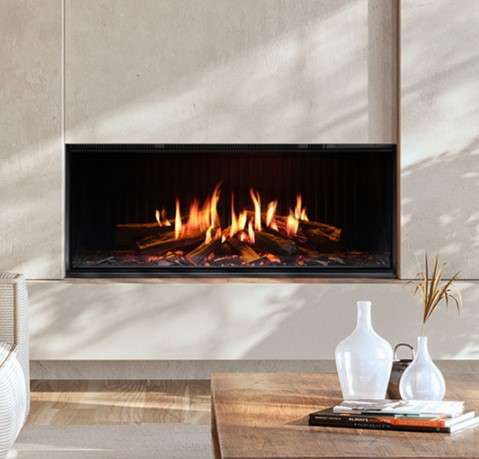The Great Debate: Gas vs. Heat Pump Hot Water in 2025
Water heating takes a large slice of household energy. Experts put it at roughly 15–30% of home use, so the selection of water heater affects bills and emissions for years. If you’re comparing hot water systems, the stakes are real.
How each system works
A gas hot water system burns natural gas in a storage tank or uses a continuous-flow burner that heats water as it passes through. A heat pump uses a refrigeration cycle to transfer heat from the air into a tank; experts say many models use about 30% of the energy of a conventional electric storage unit. Not all units are designed for very cold sites, and compressors create some sound, so climate suitability and siting matter.
Rules and timelines to watch
Two policy shifts stand out. In the ACT, new gas network connections have been prevented since 8 December 2023 as part of the territory’s transition away from fossil gas.
In Victoria, planning rules gazetted on 1 January 2024 stop planning-permit homes connecting to reticulated gas, and from 1 March 2027 any failed gas hot water at end-of-life will need an electric replacement. These dates shape upgrade decisions for renovations and replacements in 2025.
If you’re searching hot water Canberra during this transition, keep those policy settings in mind when comparing quotes.
Incentives that change the maths
Upfront support helps. NSW offers discounts for eligible heat pump or solar upgrades, with typical incentives for swapping an existing electric unit to a heat pump in the few-hundred-dollar range. In the ACT, zero-interest loans can be paired with homeowner rebates for efficient electric appliances, including heat pump water heaters. These measures shorten payback and ease cash flow.
Canberra: climate and grid
Canberra’s winters demand equipment that can operate in low temperatures, so shortlist cold-climate models and check minimum operating specs and sound ratings. Since 2020, the ACT has sourced its electricity from renewables, which means a heat pump’s operational emissions are very low in the Territory. If you’re weighing a hot water system in Canberra, that combination of climate-ready hardware and clean supply is compelling.
Running costs, reliability and outages
Heat pumps are generally the cheapest to run, thanks to their higher efficiency. Pairing with rooftop solar or off-peak tariffs can deepen savings. Many continuous-flow gas units need mains power for ignition and controls, so they don’t necessarily provide hot water during a blackout. A storage heat pump won’t heat during an outage either, yet the hot water already in the tank often covers short interruptions. Always confirm the behaviour of your chosen model.
Sizing and set-up:
Sizing is straightforward when you use established rules of thumb. Solar Victoria and YourHome suggest planning around 50 litres per person per day and, for storage units, holding roughly 1.5 days of household demand. That puts many four-person homes near the 270–315-litre mark for heat pumps that heat once per day.
Good siting keeps airflow clear and noise away from bedrooms. Timers that prioritise midday operation let solar owners push more of the energy draw into daylight hours. When you’re shortlisting hot water systems for quotes, ask for written winter performance and sound levels.
Also Read: A Comprehensive Guide to Choosing the Right Hot Water System
A quick decision guide
· Pick a heat pump if you want lower operating costs, expect to add or already have rooftop solar, or you’re building or renovating under rules that prefer electric gear.
· Choose a quality cold-climate unit, set a sensible timer window, and size the tank for your routines.
· Stay with gas for now if you need a rapid like-for-like replacement and already have gas plumbing in place, while you plan wiring and space for a future switch.
· If you need to replace hot water Canberra on short notice, line up meter capacity, tariffs and outdoor clearances now.
What to ask installers
When you’re shortlisting quotes, spread your search terms. Many readers look for Canberra hot water specialists; in all cases, ask for a winter performance estimate at your site, written sound ratings, tariff advice, and confirmation of eligibility for ACT loans or rebates.






